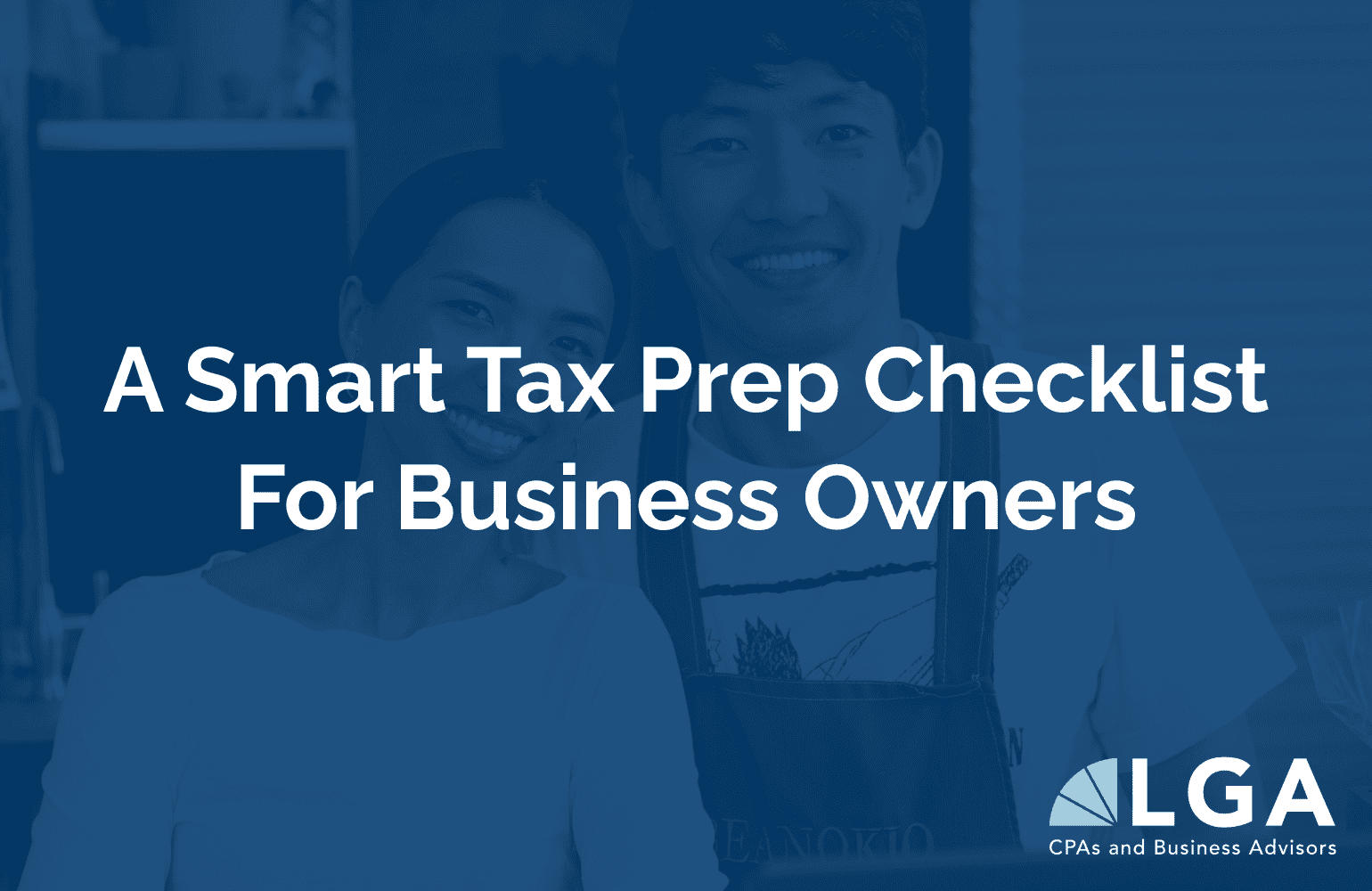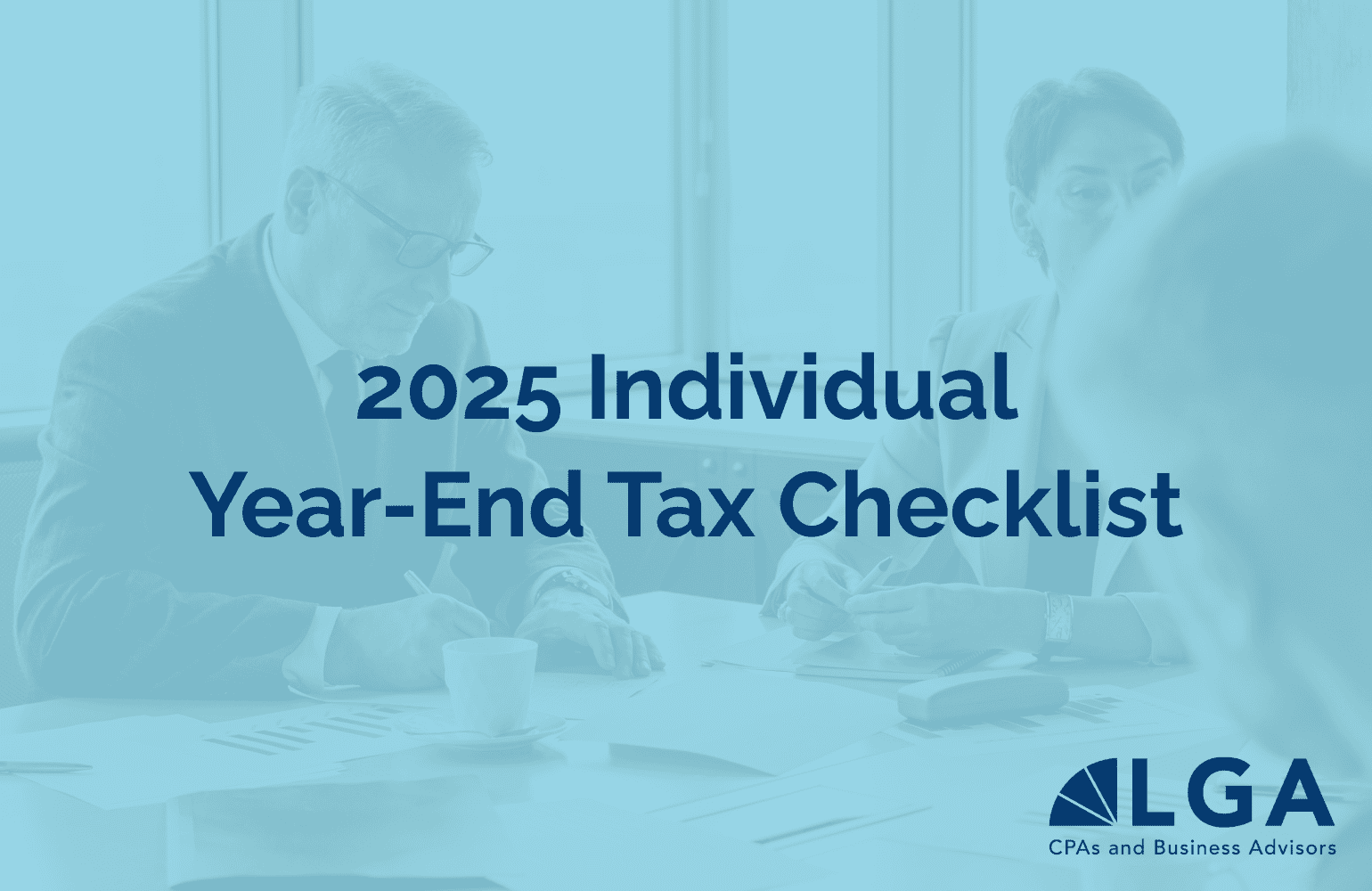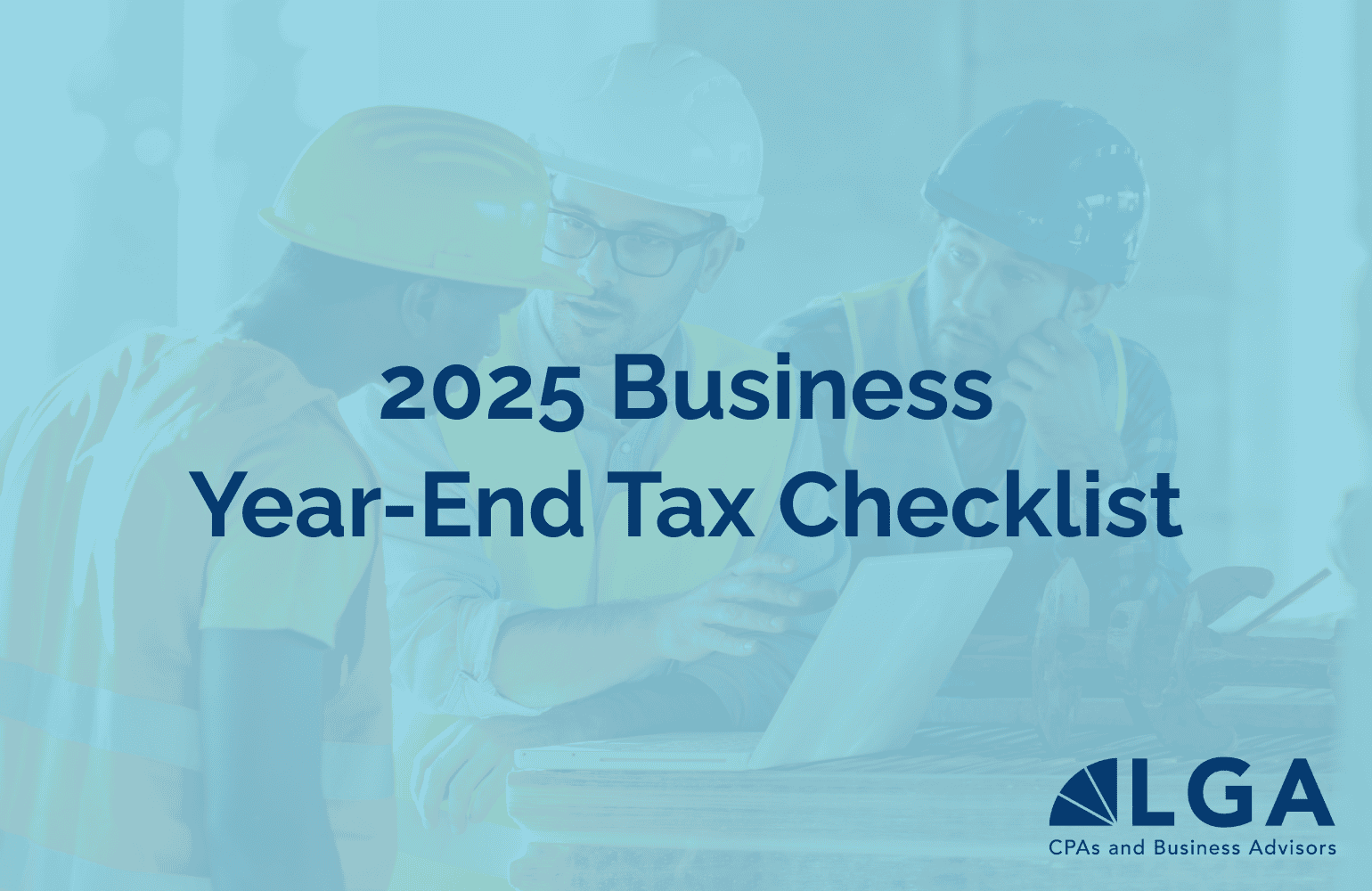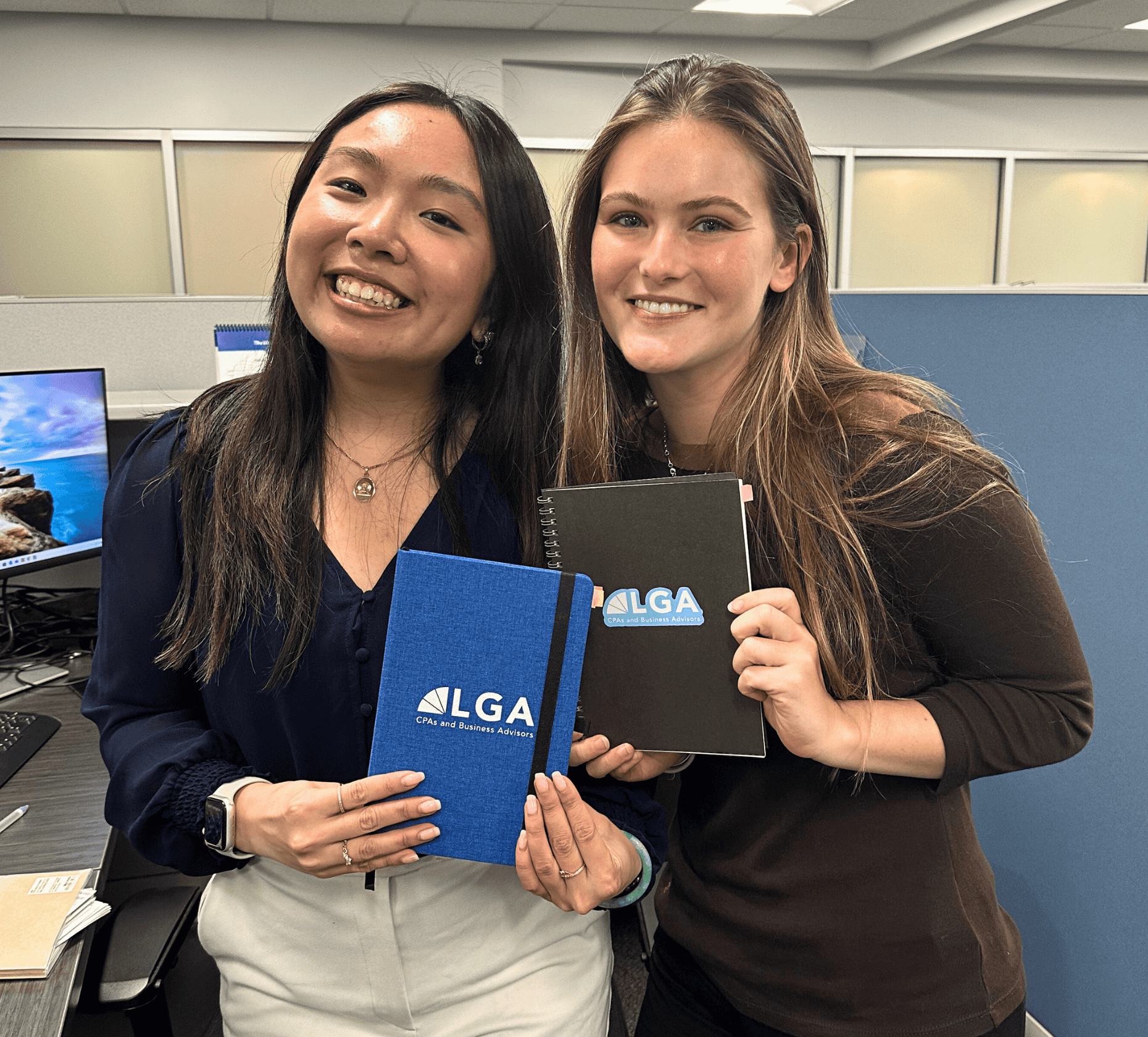
Federal tax law changes in the past several years have provided a massive tax-saving opportunity to stockholders of a qualifying C corporation at the time of the sale of their stock.
Qualified Small Business Stock (QSBS) gain exclusion under IRS code section 1202 is gaining momentum with the enactment of the 100% gain exclusion and due to the changes made by the Tax Cuts and Jobs Act to corporate tax rates. Although we see a rise in corporations issuing qualified stock options to their employees, we see very few companies educating their employees in what satisfies the section 1202 requirements and in documenting proof of QSBS eligibility. This article is aimed at providing the taxpayer with the basics on this to ensure that they can take advantage of this tax break.
Section 1202 of the Internal Revenue Code allows noncorporate taxpayers to exclude up to 100% of capital gains from the sale of their QSBS. The gain exclusion is available for stock issued after August 10, 1993, and is limited to the greater of $10 million or 10 times the aggregate adjusted basis of the stock at the time of issuance. The percentage of gain exclusion depends on the issuance date of the QSBS.
| QSBS issuance date | Section 1202 exclusion percent | Applicable Tax Rates | Alternative Minimum tax (AMT) |
| After 8/11/1993 –
on or before 2/17/2009 |
50% | Taxable portion of the gain is subject to 28% capital gains tax and 3.8% of net investment income tax (NIIT). | 7% of the excluded gain is treated as an AMT preference item. |
| After 2/17/2009 – on or before 9/27/2010 | 75% | Taxable portion of the gain is subject to 28% capital gains tax and 3.8% of NIIT. | 7% of the excluded gain is treated as an AMT preference item. |
| After 9/27/2010 | 100% | Neither capital gains tax or NIIT applicable. | Excluded from AMT. |
Listed below are requirements that need to be met, by the corporation and the stockholder, to qualify for the Section 1202 gain exclusion.
Requirements pertaining to the Stockholder
- Stockholder can be an individual, trust or a pass-through entity.
Information contained in this article is addressing requirements for an “individual” stockholder. Additional requirements may be applicable if the stockholder were a trust or a pass-through entity. - Stockholder must acquire the stock on original issuance from the corporation. Stock cannot be purchased from another shareholder. However, it may be received by the taxpayer through a gift, inheritance or from a partnership to a partner.
QSBS must be stock for federal income tax purposes. Stock options and warrants are not considered “stock” for this purpose. However, they can be converted or exercised to the original stock to be eligible. - The stock must be acquired for cash, property or services directly from an eligible domestic C corporation, domiciled in the United States.
- QSBS must be held for more than five years. If stock was received as a gift or inheritance the previous holding period can be transferred to the taxpayer.
Requirements pertaining to the Corporation
- The corporation must be an eligible corporation when the stock is issued. To be eligible the corporation cannot be a domestic international sales corporation (DISC) or a former DISC, regulated investment company (RIC), real estate investment trust (REIT), real estate mortgage investment conduit (REMIC) or a cooperative. An S corporation is not an eligible corporation, but an LLC that has elected to be taxed as a C corporation is eligible. The corporation status must be maintained from the date of issuance to the date of sale of stock.
- At the time of or immediately after the issuance of stock, the corporation must not have more than $50 million in tax basis of aggregate gross assets. “Aggregate gross assets” mean the amount of cash plus the adjusted tax basis of other assets held by the corporation.
- Corporation must use at least 80% of its assets in active conduct of a qualified trade or business.bA qualified trade or business is any trade or business other than those involving the performance of services in the fields of health, law, engineering, architecture, accounting, actuarial science, performing arts, consulting, athletics, financial services, brokerage services, or any other trade or business where the principal asset of the trade or business is the reputation or skill of one or more of its employees. This also excludes any banking, insurance, leasing, financing, investing, or similar business; any farming business (including the business of raising or harvesting trees); any mining, oil, or gas business; and any business of operating a hotel, motel, restaurant, or similar business.
- The corporation cannot invest 10% or more of its net assets (gross assets less liabilities) in stock or securities of another corporation in which it does not have over 50% ownership; corporation cannot invest 10% or more of its gross assets in real property not being used in the active conduct of a qualified business.
- Stock redemptions of 5% or more in the year preceding or following a stock issuance can disqualify the stock from Section 1202. In the case of related parties, the threshold is reduced to 2% and the testing period is increased to two years. Some exceptions apply in determining whether a stock redemption will trigger disqualification.
Significant Documentation
To exclude the gain under section 1202 one need not attach any supporting documentation to the return. However, it is crucial that the taxpayer have documented proof to substantiate the eligibility of the gain exclusion. Below are a few documents that the taxpayer should collect at the time of the stock purchase as well as throughout the holding period to complete their supporting documentation for the gain exclusion.
- Articles of Incorporation of the corporation to provide support that the corporation was founded as a domestic C corporation or was a domestic C corporation when the QSBS was issued.
- Stock Purchase Agreement to show that the purchase was made directly from the corporation and will also provide the date the stock was issued, the original basis of the stock, and any clause stating that the corporation qualifies as a qualified small business under Section 1202.
- Opinion Letter from a Tax or Legal Professional from the Corporation that state the following with regards to the respective status at and after stock issuance:
- that the corporation was under $50 million in aggregate gross assets
- a statement or stock registry showing that there have been no stock redemptions by the corporation that would disqualify the stock from being eligible for the exclusion.
- that the corporation is an active business using 80% of its assets in a qualified Section 1202 industry, and
- that the corporation has no greater than 10% of its assets in long-term investments in a less than 50% owned subsidiary, real estate, or non-operating assets.
- Stock Sale and Purchase Agreement to show the date the QSBS was sold and proceeds received.
Please be aware that state taxation of capital gains may differ from the aforementioned federal tax regulations. If you have any questions on Qualified Small Business Stock (QSBS) gain exclusion under IRS code section 1202 please contact me.






